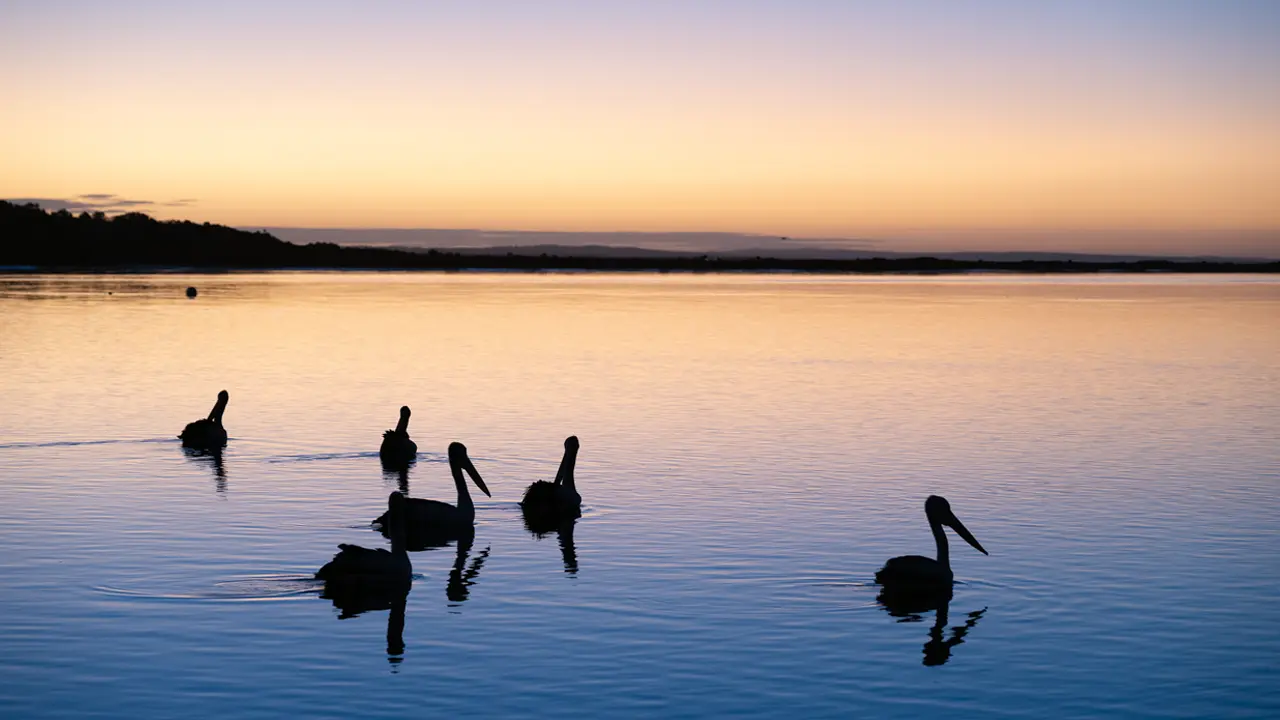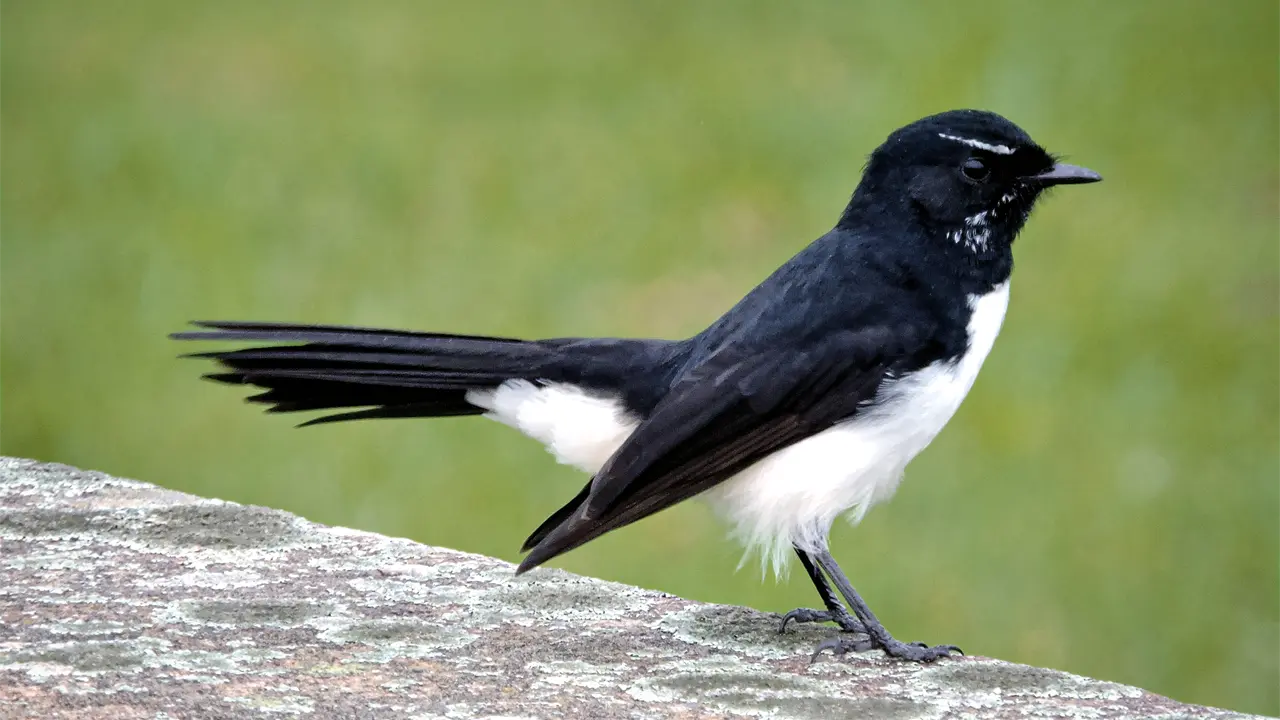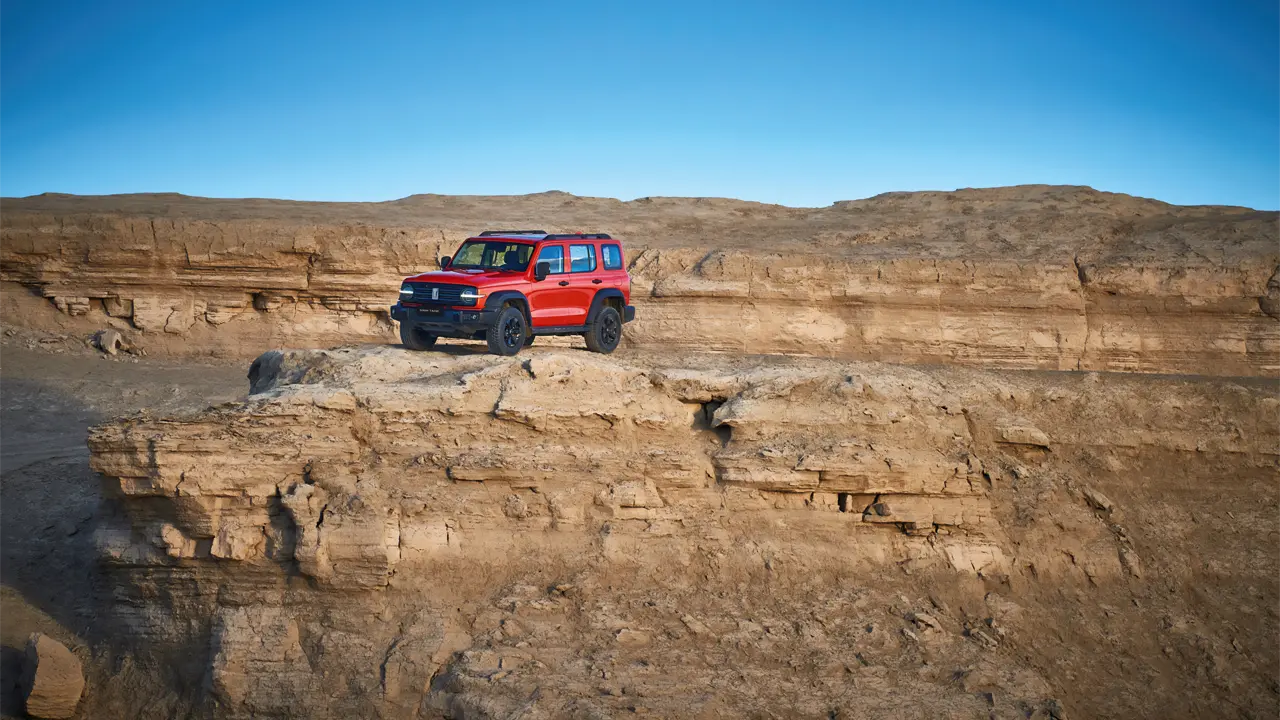With the help of some of the best grazing country in the pilbara, richard and lindy climas of mardie station are pioneering a new way to breed cattle using low-stress management techniques.
Story By Lara Jensen
Silvery moonlight recedes on the meandering cattle pads along the Fortescue River as a new day dawns on Mardie Station. The biggest muster of the season lies just beyond daybreak and if you could find a forked stick to prop up the sun, then today it might well come in handy.
It’s 5am and renowned Pilbara cook Kerry Heales already has a dozen eggs cracked and a mountain of bacon frying in a well-worn pan. The sliding kitchen door signals the arrival of each sleepy station hand, who is greeted with the same cheerful smile and an abundant breakfast for 10 that materialises with systematic efficiency.
A full complement of UHF radios are collected while manager Richard Climas stretches over a laminated station map and discusses the logistics of the day’s muster with Williambury helicopter pilot Russell Till. It’s the ninth consecutive season for Richard and his wife Lindy on the 225,000-hectare West Pilbara property and, after 420 millimetres of rain fell in February, the season’s a cracker and the 8000-strong Droughtmaster herd is mud-fat.
Today two helicopters will work the thickest country on the property, while a ground crew of six on motorbikes and horses will walk nearly 1000 Droughtmaster cows, plus calves and weaners, through the Mesquite paddock to the Yabbaroo yards for processing. It’s been a big week already, one that represents a turning point in the evolution of Richard and Lindy’s cattle operation and an historical first for the Pilbara beef industry.
A dream to produce fully traceable premium boxed beef, accredited with low-stress management techniques and grazed on some of the best country in the Pilbara, is well underway. The product, coined Mardie Beef, was conceived soon after Hong Kong-based company CITIC Pacific added cattle to its extensive portfolio and bought Mardie Station in 2007. The company has begun construction of the $5.2-billion Sino Iron Project at Cape Preston, 100 kilometres south-west of Karratha, that will be the largest magnetite mining operation in Australia.
Richard and Lindy, with the backing of subsidiary CITIC Pacific Mining, made the decision to diversify their cattle business in a bid to increase profit margins and achieve greater financial stability in turbulent global economic times.
A consignment of Mardie Beef steers has been trucked south and slaughtered and the logistics of supplying choice cuts of premium vacuum-sealed beef is in a trial period of assessment. The decision to diversify could well be a timely one. Richard has just received the unwelcome call from his stock agent that a couple of boats bound for Indonesia with pastoral cattle have been cancelled. Despite Indonesia taking its largest-ever volume of Australian cattle last year – a total of 651,196 head valued at $419 million – the dominant live-cattle export market is tipped to slow by 10 percent this year as the global financial crisis begins to bite. Richard and Lindy turn off 90 percent of their Droughtmaster herd to South-East Asian and Middle Eastern markets and, like many northern cattle producers, they view this heavy reliance on live export with concern. “I do have doubts as to whether the live-export market can be sustained indefinitely,” Richard says. “Live export is a limited economic base to build your business around. As northern cattle producers we are often at the mercy of political circumstances in importing countries that are out of our control but directly impact on our livelihoods.”
Richard holds the view that domestic marketing opportunities for West Australian beef producers have remained largely untapped, a shortfall that Mardie Beef has been engineered to help fill. “We can deliver consumers handpicked yearling beef that is fully traceable from the paddock to the plate,” he says. “I can guarantee how every animal has been handled, its age, what it’s eaten and where it’s been.” If the kill sheets for the trial of Mardie Beef steers are anything to go by the beef-loving consumer won’t be disappointed. The free range steers dressed out at a whopping average of 300kg with excellent yield and no bruising recorded.
This story excerpt is from Issue #67
Outback Magazine: Oct/Nov 2009








